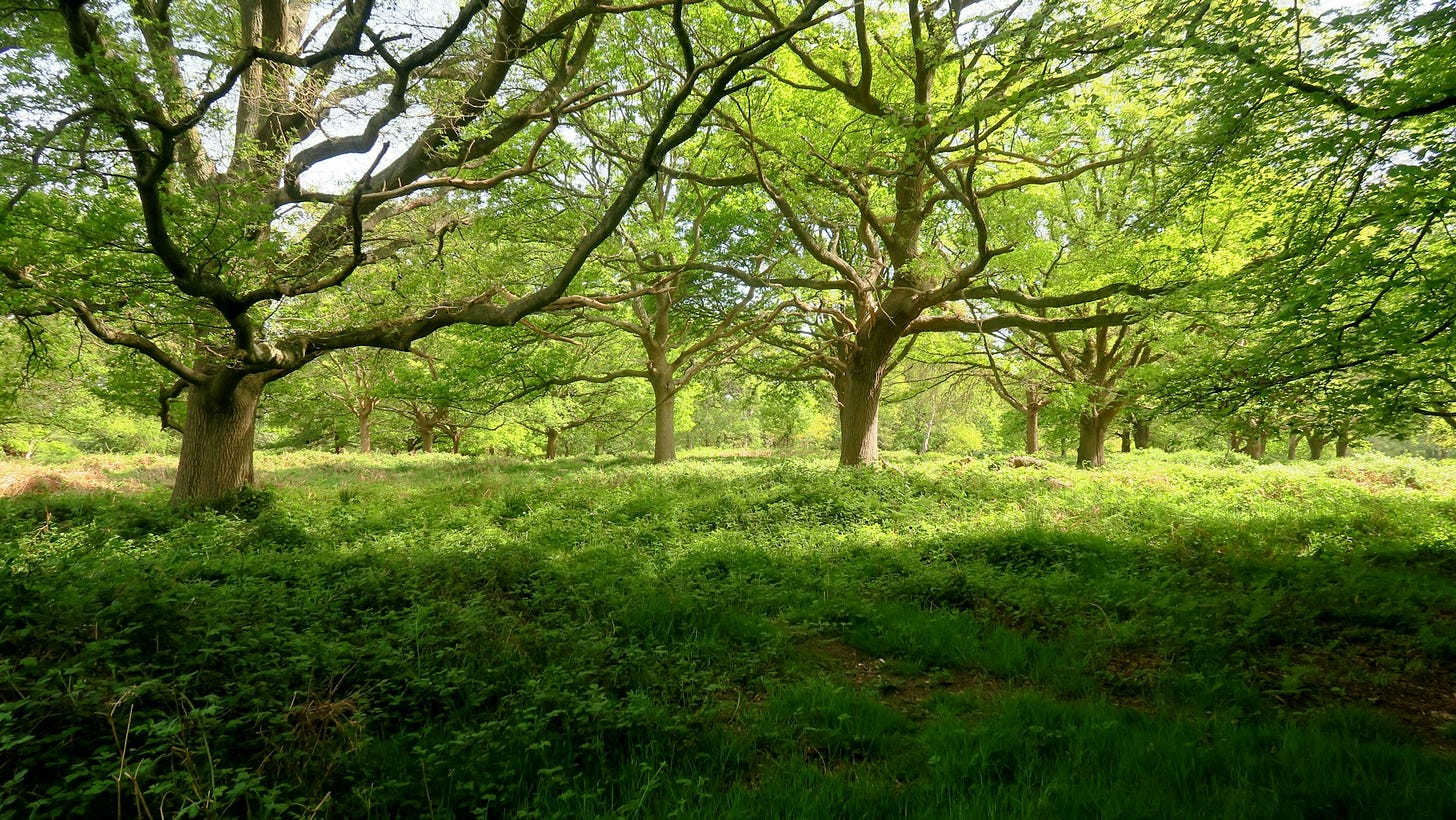Campaigners demand new law giving nature the same rights as degenerate elites
Group backed by Chris Packham and Natalie Bennett push for a new law to give rivers, forests and wildlife the same legal rights as those who want to destroy them
If corporations and tax-dodging elites can enjoy rights and protections, why can’t the rivers, forests and wildlife that keep us alive? That’s the question behind a bold new proposal in Parliament aiming to give nature a legal voice of its own.
A private member’s bill backed by TV naturalist Chris Packham and former Green Party leader Natalie Bennett has been launched in the House of Lords. The Nature’s Rights Bill would mark a huge change—treating nature not as property or resource, but as a living entity with rights that must be respected.
What’s in the bill?
If passed, the bill would impose a legal duty of care on government and business, ensuring that decisions across every sector take nature’s well-being into account. It would also establish national and regional councils to monitor and enforce these protections.
Mumta Ito, founder of the group Nature’s Rights, which drafted the bill, said: “We are looking for a seismic shift in law and policy making. We need to encode a new consciousness in law, with laws that protect nature as the very basis of life.”
Broadcaster Chris Packham said, “We’re in a biodiversity and climate emergency … Giving nature a voice in law is beyond overdue and urgently needed.”
Nature under threat in the UK
The statistics provided by Nature’s Rights around nature loss in the UK are frightening:
41% of species have declined, with 1 in 6 facing extinction
we’ve lost 97% of wildflower meadows
farmland birds have dropped by 56%
sea levels have risen by 16 cm, endangering 1.5 million homes by 2080
temperatures are up 1.2°C
heavy rainfall surged 17%
air pollution kills 40,000 people yearly
All of this has happened in a country which legally protects polluters and their cronies in government for activities that not only destroy nature but hammer us with a worsening cost-of-living crisis.
Even sweaty princes accused of sex crimes remain protected, living rent free in literal palaces while nature fades and ordinary working people are forced to choose between eating and heating.
A legal precedent gaining momentum
The idea is already taking hold elsewhere. Countries including Ecuador, Bolivia, Uganda, Brazil, New Zealand and Canada have recognised rights for nature in their laws, while courts in India and Colombia have granted personhood to rivers and ecosystems. Even the United Nations is now exploring the concept.
In the UK, local efforts have paved the way. The Welsh Parliament’s Well-being of Future Generations Act has been seen as a trailblazer, while councils in Lewes, Basingstoke, Deane and Test Valley have supported rights for local rivers to flow freely and remain unpolluted. Campaigners in Scotland have also called for the River Clyde to be granted legal personhood.
The bill faces long odds—private members’ bills rarely pass, and opposition from anti-regulation MPs is expected. But campaigners say it’s the start of a long-term movement.
Green Party spokesperson Jonathan Elmer said: “This is the very start of this process … We might not get it through parliament yet, but if we are not successful the first time, we will do it again.”
In a world where corporations enjoy human rights and billionaires dodge taxes, campaigners argue it’s time nature was given the same respect. If the degenerate elites can have rights—surely the planet deserves them too to ensure Our Fair Future for everyone.



